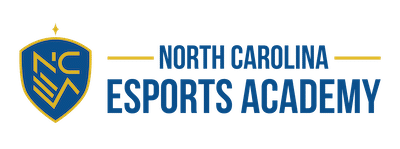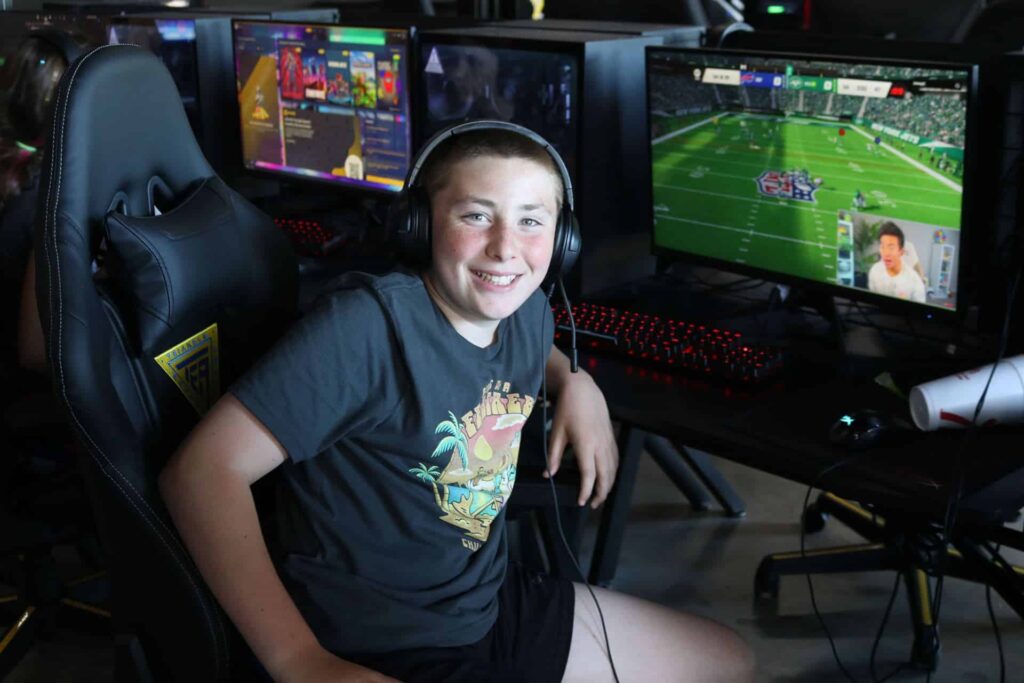Recently, Raleigh hosted the Rocket League Championship Series (RLCS) Major, marking the third major esports event the city has held this year. As a lifelong Rocket League fan, this event was especially meaningful to me. It’s the first game I truly loved watching and the one that brought me to my first LAN event back in 2019.
The energy at the RLCS Major was incredible, and from a tourism and visibility standpoint, it was a win for the city. After a quieter 2024 with no major spectator-focused esports events, Visit Raleigh has done a great job rebounding and locking in strong esports partnerships this year.
We were even able to leverage the momentum from the event at North Carolina Esports Academy. With so many Rocket League players in town, a friend reached out about hosting a Ranked Hoops side tournament, and we jumped on the opportunity. Carolina Storm came in as a sponsor, and we had a great turnout and a ton of fun.
But while the big event was a success, it also highlighted some of the ongoing challenges and misconceptions surrounding esports—especially when it comes to local impact.
1. Attendance Isn’t What It Seems
The RLCS Major had an estimated 5,000 attendees per day, which sounds impressive—and it is! That’s great for hotels, restaurants, and tourism in general. But let’s keep it in perspective: the PNC Arena holds over 18,000 people, and it’s regularly packed for NC State Basketball or Carolina Hurricanes hockey games—even during the regular season.
So while the RLCS was one of the biggest Rocket League events of the year, it still pulled in less than one-third the attendance of a typical local sports game. That doesn’t mean the event wasn’t successful—but it shows that esports still has a long way to go in matching the reach of traditional sports.
2. Esports Is Not One-Size-Fits-All
Another issue? Game variety and frequency.
There are esports fans across North Carolina, but everyone has different preferences. In a single year, our state might see one event each for Dota 2, Valorant, League of Legends, Rocket League, and (coming soon) Halo. That’s five total events.
Compare that to traditional sports: dozens of tournaments every weekend for soccer, lacrosse, softball, football, and more. As a Rocket League and Halo fan, I’ll get exactly two local opportunities this year to engage with the esports I actually enjoy. That’s not enough to build consistent excitement or community.
3. Big Events Don’t Equal Local Growth
This might be the most important point: these big events don’t really benefit the local esports scene.
Why? Because 70% or more of attendees travel from out of state. That means fewer than 1,500 North Carolinians attended the RLCS Major—and most of them were adults. I’m 27, and I was on the younger end of the crowd.
Worse, youth players (18 and under)—the future of the industry—aren’t attending these events in large numbers. If esports is going to grow locally, these events need to be marketed differently. Parents need to know that esports events are safe, fun, and worth bringing their kids to. And we need more of them throughout the year to truly build momentum.
Lessons from Traditional Sports: Soccer as a Model
As a soccer fan, I’ve seen firsthand how a sport can grow over time—and esports can take a similar path. Let’s look at two examples:
1. The 1994 World Cup
When the World Cup came to the U.S. in 1994, it raised awareness, but it didn’t instantly make the U.S. a soccer powerhouse. That came later—with grassroots programs, youth leagues, and local teams all playing a part.
2. Soccer in Raleigh-Durham
In our area, we now have North Carolina FC and the NC Courage, two pro teams that play at WakeMed Soccer Park in Cary. Events like The Soccer Tournament (TST) have also helped grow local enthusiasm. But the real strength comes from having a consistent structure: local pro teams, collegiate programs, youth leagues, and regular events—all supporting each other.
That’s what esports needs too.
A Hopeful Outlook for Esports
Despite the current gaps, I’m optimistic. We’re starting to see a shift in how esports is approached. More companies are moving away from the idea that everything should be free, or that throwing money at events will guarantee success. Instead, the focus is shifting to quality, sustainability, and long-term growth.
There’s a bright future ahead for esports—but only if we build it the right way: locally, intentionally, and with community at the core.

